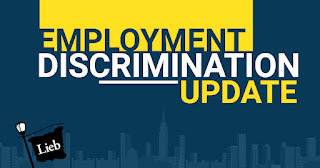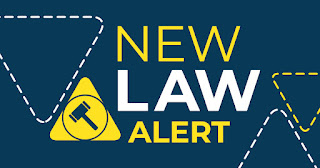Effective January 26, 2022, A5144 will cause NYS private employees / independent contractors to have expanded whistleblower protection, under amended Labor Law 740, if they disclose or threaten to disclose, to a supervisor or to a public body, an activity, policy or practice of the employer, that the employee reasonably believes is in violation of law, rule or regulation or that the employee reasonably believes poses a substantial and specific danger to the public health or safety.
This expanded protection is not only for employees, but also for former employees and independent contractors. With independent contractor protection, real estate brokers should be on the lookout for their agents lodging complaints to the Department of State, amongst other bodies. It's therefore time for every private business in NYS to button-up its compliance protocol and avoid whistleblowers because silencing them is no longer possible. Beyond tightening up their policy manuals, employers will be required to post signage about this new law at their places of employment.
This law is huge for employee / independent contractor rights and it's going to get messy quickly with lots of lawsuits to follow in the near term. Think about how many times an employer previously leverages its position to blackball a whistleblower from the industry. Now, actionable retaliation includes adversely impacting a whistleblower's future employment.
This is huge, just watch the news and you will know how many whistleblowers are out there. Think about what's going on with Facebook. What about the Alec Baldwin shooting? Maybe, if New Mexico's law was as broad and protective as this new New York law, the Baldwin shooting / gun mishap wouldn't have happened. Yes, the film crew voiced complaints, but their position was limited. In New Mexico, an employee may not be discharged (or discriminated against) in retaliation for filing a complaint, instituting a proceeding, testifying in a proceeding, or exercising a right concerning violations of occupational health and safety standards. N.M. Stat. Ann. § 50-9-25. However, there is no private right of action (besides common law) and only the possibility of reinstatement and back pay if the secretary of environment chooses to pursue a retaliation claim. In contrast, a New York employee is now protected if they "reasonably believes [the employer's wrong] poses a substantial and specific danger to the public health or safety" and that employee can sue in their own name within 2-years of the retaliation while seeking back pay, front pay, a civil penalty, punitive damages, and attorneys' fees.
This law will launch a new era of compliance throughout New York industry. Is your business ready?


